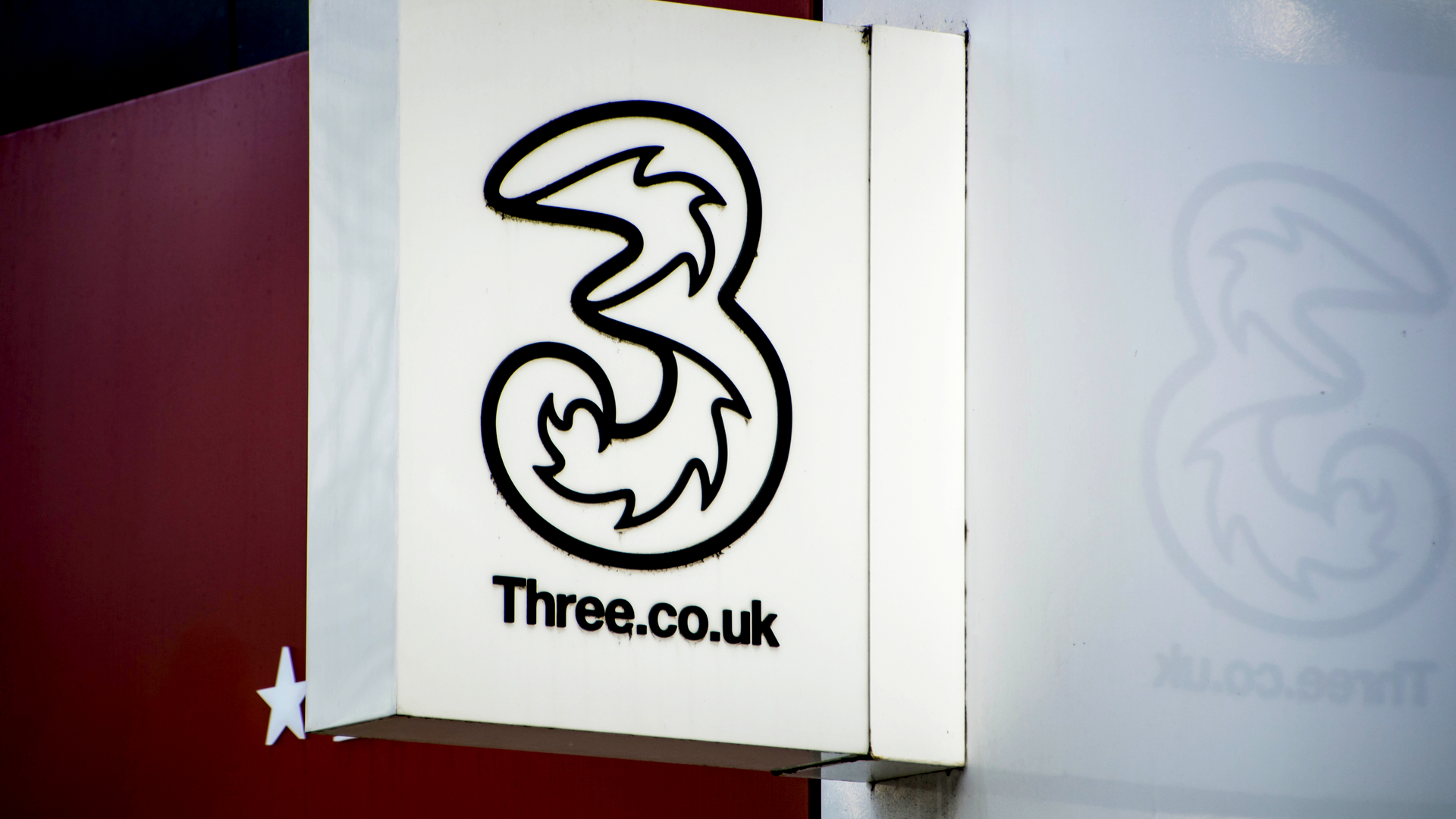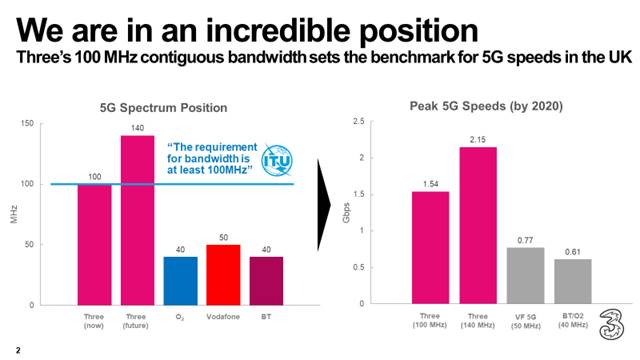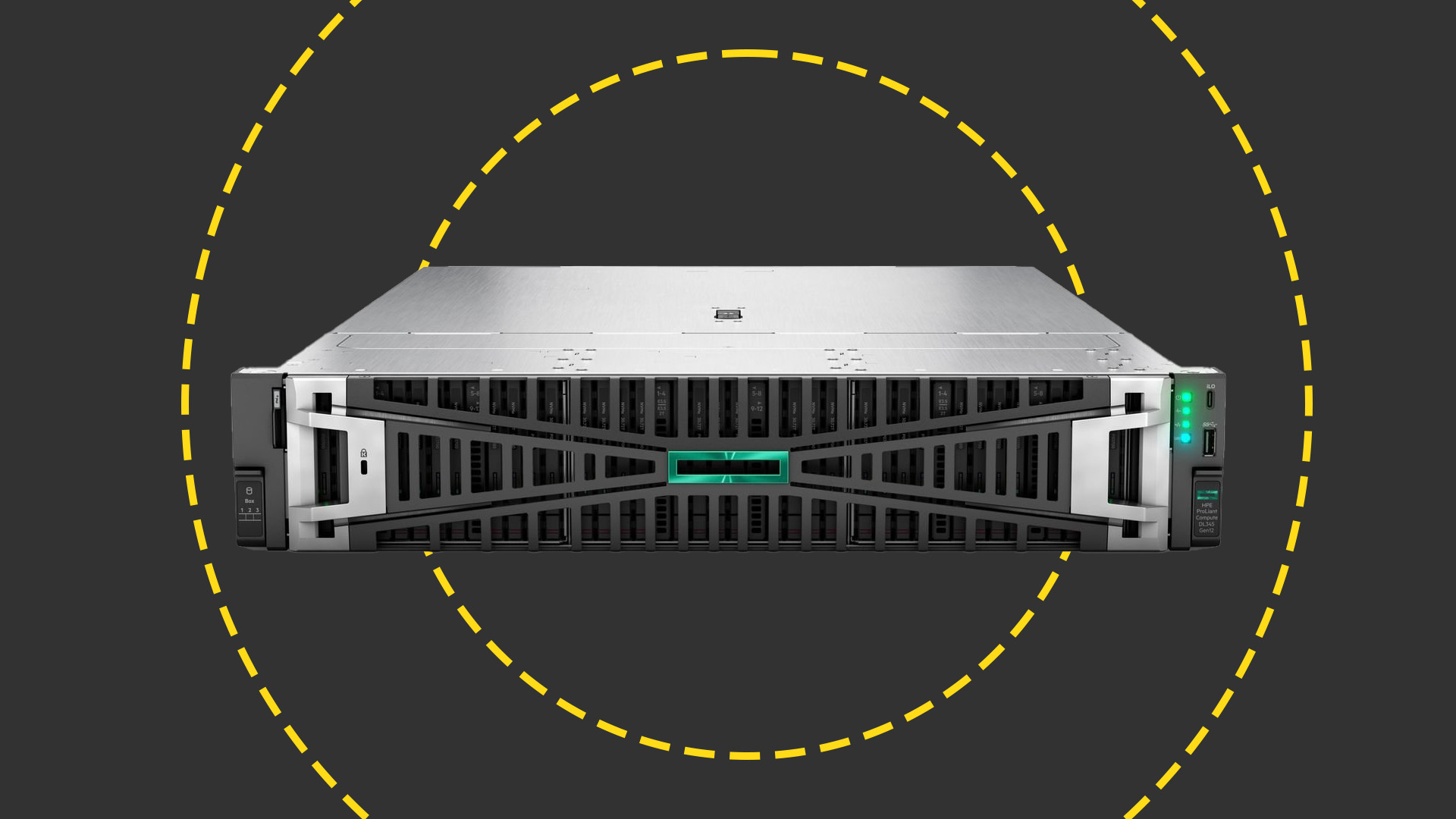Three UK defends allegations it 'misled' the public with its 5G advertising
EE and four others have complained to the UK advertising regulator about its "entirely false" 5G marketing


Sign up today and you will receive a free copy of our Future Focus 2025 report - the leading guidance on AI, cybersecurity and other IT challenges as per 700+ senior executives
You are now subscribed
Your newsletter sign-up was successful
EE is one of five complainants that have approached the Advertising Standards Authority (ASA) regarding Three UK's marketing campaign which claims it's the only operator in the UK to offer "real 5G".
Three launched its 5G network yesterday but since June, the carrier has been marketing its network through TV, email, social media and direct SMS messages based on its exclusive ability to offer a "real 5G" experience.
The ASA will now launch an investigation into Three's "if it's not Three, it's not real 5G" advertising slogan and decide whether or not it's in breach with advertising regulations.
"Three's claim to be the only real 5G network is entirely false, and deliberately aimed at misleading consumers," said an EE spokesperson. "Our customers have been using real 5G since we launched the UK's first 5G network, back in May."
Three's defence to this, as described on a phone call with IT Pro, is that it based these claims off the standards set out by the International Telecommunication Union (ITU), which "indicate that to deliver a 5G network, you may need to have a minimum of 100MHz of 5G spectrum" said Three adding: "Right now, we're the only UK mobile network to have over this amount."
Three has a dedicated section on the 5G area of its website explaining exactly what is meant by "real 5G", reinforcing what was said on the call.
"Our advert is to inform consumers that we will offer the fastest 5G network, based on Three having three times as much 5G spectrum as any other operator," said the Three UK spokesperson. "We are also the only operator to have 100 MHz of contiguous spectrum. ITU considers this the gold standard for 5G, enabling consumers to take full advantage of what 5G has to offer."
Sign up today and you will receive a free copy of our Future Focus 2025 report - the leading guidance on AI, cybersecurity and other IT challenges as per 700+ senior executives

A spokesperson at the ASA also confirmed to IT Pro that a total of five complainants had approached the regulator regarding Three UK's marketing campaign. One was from BT (which owns EE) and the other four were from members of the public.
Vodafone, the only other operator to have an active 5G network in the UK, has chosen not to join the list of complainants at this time.
"We are getting on with rolling out 5G across the UK and offer our customers the service in more places than any other provider," said a Vodafone spokesperson.
However, the operator has previously voiced its concerns about the commanding position Three is in due to its spectrum holdings in its submission to Ofcom's review of the impact of the UK Broadband deal. "There is a real prospect that Three UK will have a monopoly in the provision of ultra-high speed, ultra-high bandwidth services," it said.
Right now, Three is leading the spectrum holding by a huge margin. It has 140MHz of spectrum, 100MHz of which is contiguous, whereas Vodafone only has 50MHz - EE and O2 only have 40MHz each.
Three snapped up a decent amount of spectrum during Ofcom's 2018 spectrum auction but its 250 million acquisition of UK Broadband saw its spectrum holding skyrocket to the imposing lead it has now.
It also completed its official 5G launch on Monday but only as a home broadband service in one city, London, forgoing the mobile launches such as those of EE and Vodafone.
Three's service is arguably the most limited 5G launch in the UK so far, but it plans on rolling out the service to 25 towns and cities by the end of the year.

Connor Jones has been at the forefront of global cyber security news coverage for the past few years, breaking developments on major stories such as LockBit’s ransomware attack on Royal Mail International, and many others. He has also made sporadic appearances on the ITPro Podcast discussing topics from home desk setups all the way to hacking systems using prosthetic limbs. He has a master’s degree in Magazine Journalism from the University of Sheffield, and has previously written for the likes of Red Bull Esports and UNILAD tech during his career that started in 2015.
-
 HPE ProLiant Compute DL345 Gen12 review
HPE ProLiant Compute DL345 Gen12 reviewReviews The big EPYC core count and massive memory capacity make this affordable single-socket rack server ideal for a wide range of enterprise workloads
-
 What is a vector database?
What is a vector database?Explainer Storing data as mathematical values provides critical functionality for ML and AI